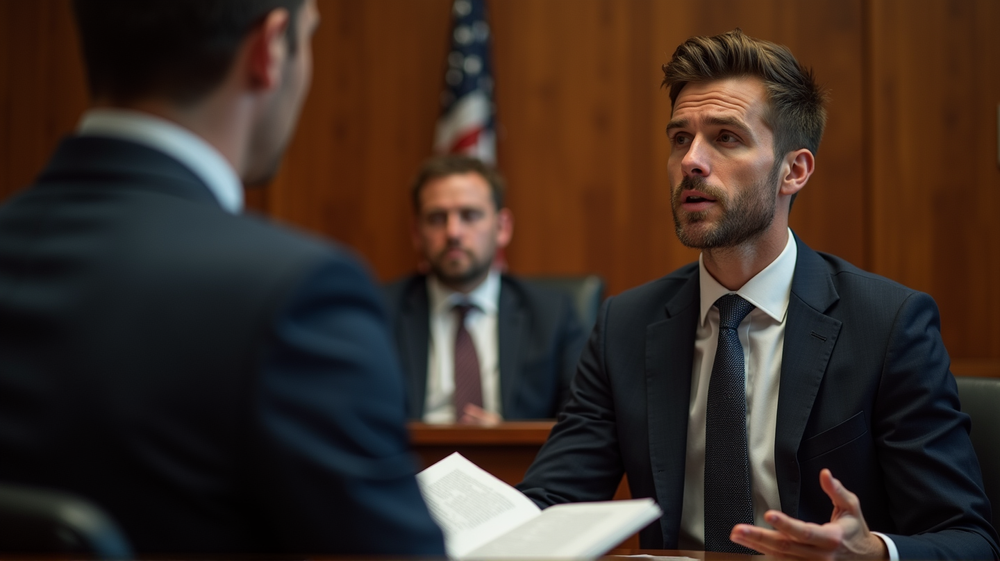In a twist that adds further complexity to an already convoluted case, attorneys for Luigi Mangione, who stands accused of the murder of United HealthCare CEO Brian Thompson, are arguing that Manhattan prosecutors have severely overstepped legal boundaries by allegedly acquiring Mangione’s medical records illegally. The defense claims this intrusion into Mangione’s personal medical history was not only unnecessary but was executed under a deceptive court order.
Allegations Against the DA’s Office
The heart of the controversy lies in the alleged misuse of a court subpoena to extract Mangione’s medical information from Aetna. According to Mangione’s attorney, Karen Agnifilo, the DA’s office reportedly fabricated a court date to procure these records, thereby breaching health privacy laws. Such actions, if proven, could not only undermine ethical standards but also impact the integrity of the legal proceedings.
The Role of HIPAA and Privacy Laws
At the core of this legal clash are regulations designed to protect patient confidentiality. Mangione’s legal team stresses the breach of the Health Insurance Portability and Accountability Act (HIPAA), which sets the standard for privacy protection in the healthcare sector. The alleged violation suggests an alarming disregard for these laws and raises questions about the lengths to which legal teams might go in high-stakes criminal cases.
DA Office’s Response
Officials within the DA’s office offer a different narrative, contending that the records were mistakenly provided by Aetna, and upon realizing the error, they took immediate action to delete the materials. This prompt response suggests an awareness and a degree of responsibility over the handling of sensitive data, albeit amidst contentious circumstances.
Legal Implications and Possible Sanctions
The defense team, citing these claimed breaches, is pushing for a comprehensive evidentiary hearing to uncover the full scale of the alleged violations. Depending on the outcome, Agnifilo argues for consequences that might range from legal sanctions to potentially dismissing the charges altogether. This case could very well set a precedent, underlining the balance between investigative procedures and personal privacy.
Previous Defense Strategies
Mangione’s defense is no stranger to challenging the prosecution’s methods, having previously questioned the legality of evidence collection and arguing against the applicability of terror charges. These cumulative actions demonstrate a persistent strategy aimed at dismantling the foundation of the prosecution’s case.
Looking Ahead
As Mangione continues to assert his innocence while awaiting his next court appearance, the drama unfolds both in the courtroom and the legal corridors. The ramifications extend beyond an individual trial, tapping into broader themes of privacy rights and procedural justice within the legal system. As stated in CBS News, this case remains closely watched, potentially reshaping future judicial practices regarding privacy rights.
Luigi Mangione’s case is scheduled to return to the spotlight come September, promising more legal fireworks and complex ethical debates.












